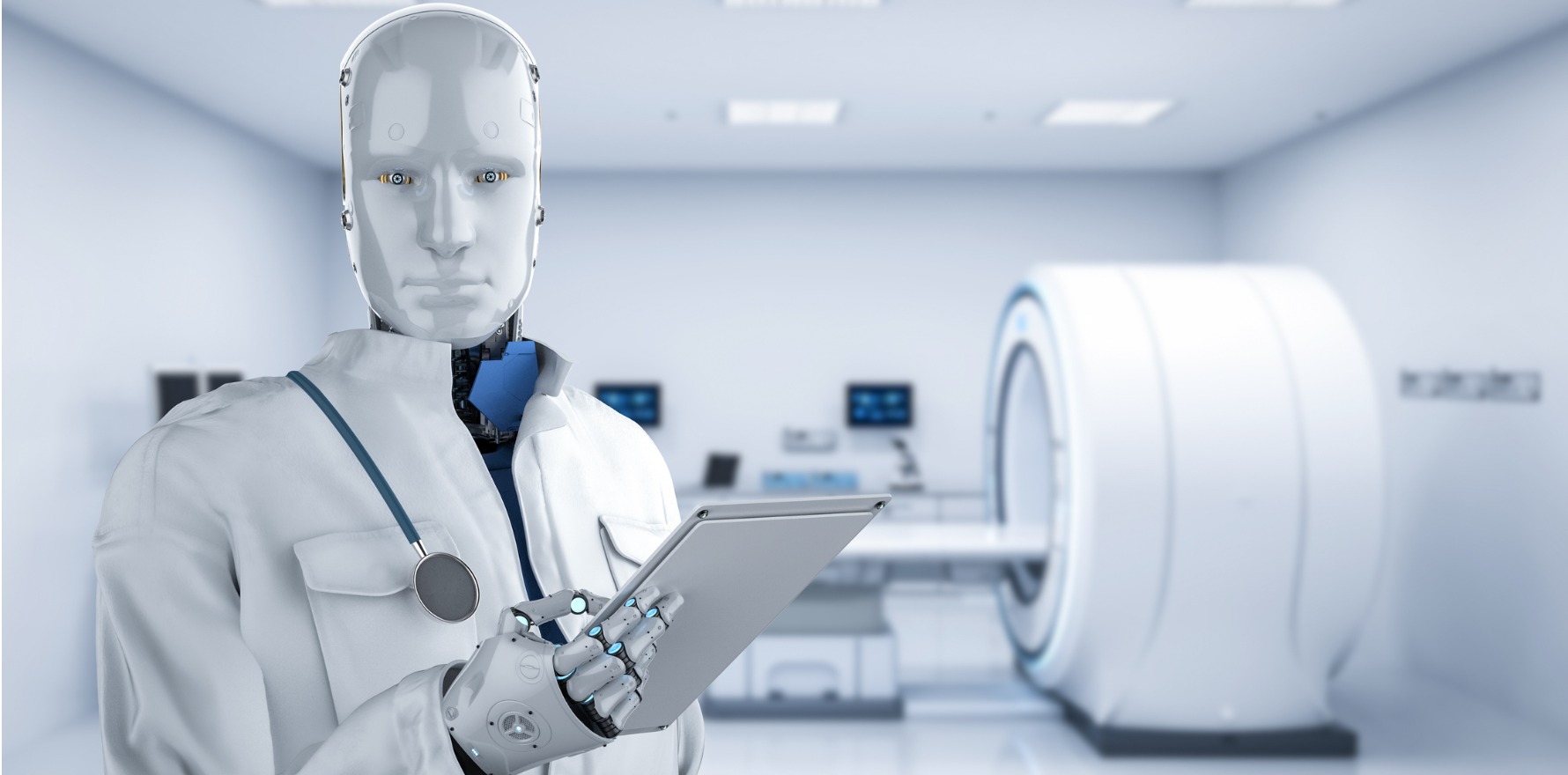Enough with the hyperbole. Here's some practical solutions that could make things better for patients and doctors.
There’s been a lot said of late about the use of artificial intelligence in the provision of healthcare, with views ranging from “ban it completely” at one end of the spectrum to “give it the keys to the hospitals”.
Below are four areas in healthcare where AI could sensibly benefit both patients and health professionals alike.
Improve cardiovascular care
Earlier this year, the Baker Heart and Diabetes Institute launched a world-first trial investigating the effectiveness of AI for improving how heart disease patients could be triaged and managed in remote areas.
Health professionals in regional and rural communities across New South Wales, Queensland, Tasmania and the Northern Territory were provided with AI-enabled echocardiogram equipment that allowed for remote image processing of patients’ ultrasounds.
Cardiologist and lead investigator Professor Tom Marwick said the results of the trial could serve as proof of concept to eventually incorporate AI-based echocardiography in the health system.
Another trial announced by the Baker Institute last month will examine how AI-assisted voice analysis software could be employed to clinically assess breathlessness and disease severity in people with heart failure, with the aim of developing a cheap and accessible home monitoring tool.
Researchers were looking to recruit 200 participants with heart failure to record their voice on a smartphone for up to a year so AI can analyse patterns of speech and breathing, before being validated by cardiologists.
Improve early detection and diagnosis of cancer
A prospective study testing the accuracy of an AI reader for detecting breast cancer from mammograms compared to radiologists is currently under way.
The trial, part of the BRAIx Project being led by St Vincent’s Hospital Melbourne, will run for 18 months to two years across BreastScreen Victoria and BreastScreen South Australia, with around 350,000 women expected to take part.
Previous research by the team running the trial has indicated that the AI reader could significantly improve screening outcomes, lower harms and reduce costs for women undergoing breast cancer screening nationwide.
A world-first pop-up skin cancer clinic employing AI algorithms to detect skin cancer was also launched in South Australia in January.
The clinics, delivered across regional South Australia, involved trained nurses taking high-quality lesion images which were then triaged and conditionally diagnosed by the algorithms, with results sent to a GP to verify.
Previous research has shown that the AI technology performed as well as humans when tested against dermatologists, even outperforming them in certain experiments, although control trials are needed to validate the algorithms.
For patients diagnosed with cancer, researchers at La Trobe University’s Centre for Data Analytics and Cognition collaborated with international cancer researchers to create the Patient-Reported Information Multidimensional Framework.
Using AI algorithms and natural language processing to process vast quantities of information, researchers said the framework could help health professionals better monitor and support their patients by providing a more comprehensive understanding of a patient’s emotions, needs and expectations after receiving a diagnosis.
Predict disease progression
Claiming a world-first for medical AI, a pathology lab in Queensland has applied AI technology to microscopy to speed up the process of scanning and identifying diseases in blood samples.
The technology scans the samples to identify microscopic diseases, captures an image and automatically emails the result to a pathologist, allowing them to confirm the diagnosis on a computer screen rather than through the microscope itself.
In a recent study published in ACS Central Science, researchers from the University of NSW demonstrated that the AI tool they had developed in collaboration with colleagues from Boston was able to detect Parkinson’s disease from blood samples with up to 96% accuracy and up to 15 years before a clinical diagnosis.
The CSIRO’s Data61 team has also developed an AI-powered tool that uses natural language processing alongside data science and modelling to forecast the spread of diseases, facilitating the early detection of outbreaks such as covid strains.
Reduce pressure on hospitals
An AI tool developed by researchers at the University of Adelaide and Queen Elizabeth Hospital has been shown to successfully predict general surgery patient discharge within 12 and 24 hours with more than 80% accuracy.
The measure, known as The Adelaide Score, is the first tool with the potential to accurately predict patient discharge in real-time within the Australia health system, with plans to trial the measure in South Australian hospitals later this year.


